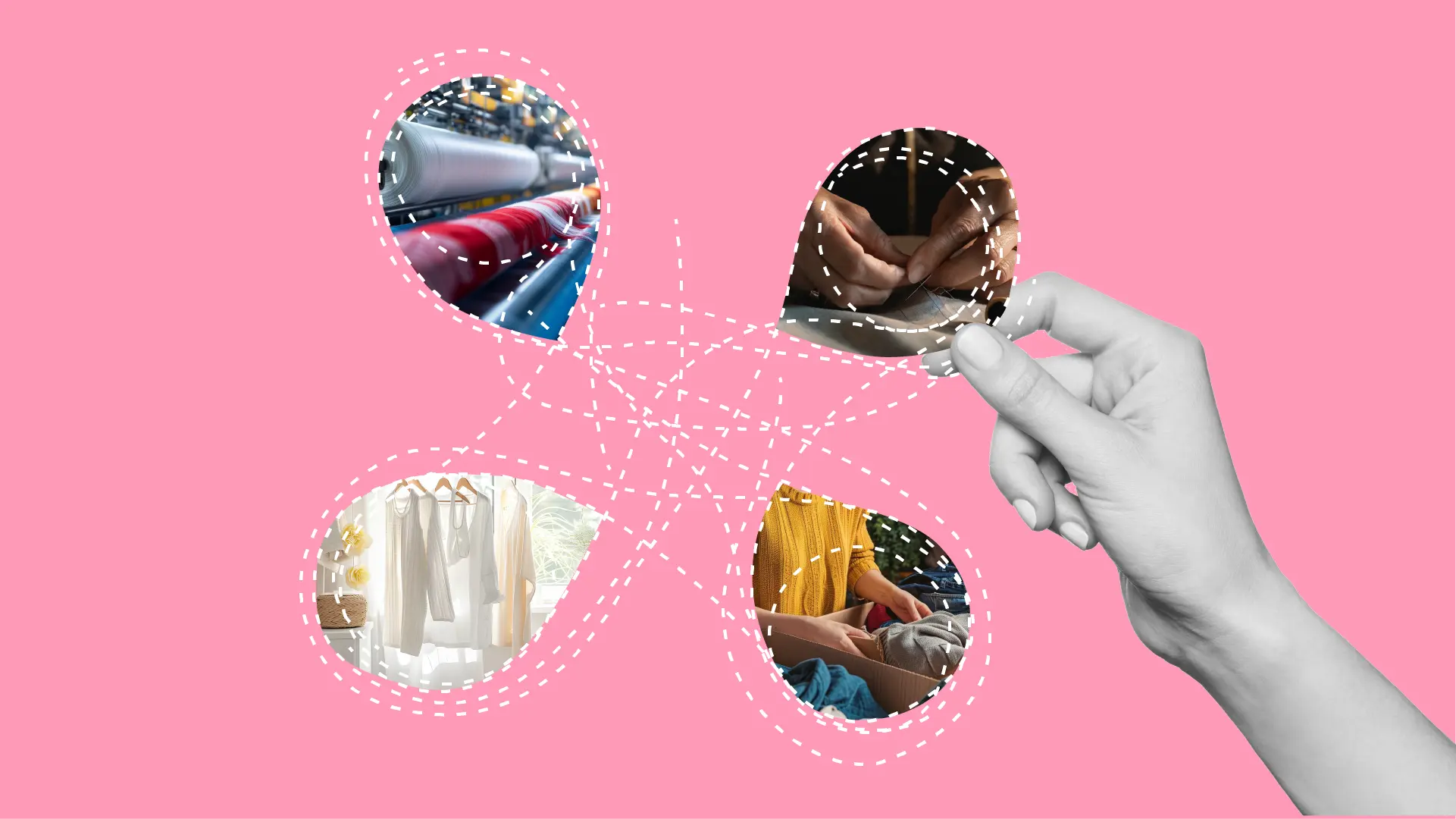MUSA Spoke 3 – Fashion & Textile Living Lab “Too Cool to Go Wasted”
MUSA Spoke 3 – Fashion & Textile Living Lab “Too Cool to Go Wasted”

MUSA - Multilayered Urban Sustainability Action is an Ecosystem of Innovation funded by MUR - Italian Ministry of University and Research as part of the National Recovery and Resilience Plan. In addition to the Politecnico di Milano, the project involves Università di Milano-Bicocca, Università Bocconi, and Università Statale di Milano, as well as numerous public and private partners. The project promotes the development of innovative projects as a response to the challenges that the metropolitan reality of Milan faces in the transition towards the three dimensions of sustainability: environmental, economic, and social.
The Fashion & Textile Living Lab "Too Cool to Go Wasted", in line with the recent 'Strategy for a Sustainable and Circular Textile Industry' promoted by the European Commission, recognizes the textile sector as one of the most relevant to promote the transition towards sustainable and circular models along the entire value chain, from production to distribution and consumption.
The Living Lab is closely integrated into the territorial context, involving citizens, enterprises, universities, research centres, and public administration to co-create new services, products, and social infrastructures. This collaborative approach, which follows the quadruple helix model, uses iterative feedback processes during the innovation life cycle to generate sustainable impact. The objective of the Living Lab is to put the user community at the centre to develop innovative solutions to specific social needs in the textile sector. It is oriented towards public-private co-design and supporting the open innovation ecosystem. Within this integrated space, citizens, businesses, universities, and government collaborate to create new services, products, and social infrastructures through co-creation processes.
Living Lab activities are developed throughout the textile supply chain and can assist the industrial transition towards circularity in the fashion industry through:
. Actions upstream of the supply chain: Promotion of new models of responsibility and consumption, extending the life of products through shared practices.
. Actions downstream of the supply chain: Design and manufacture new products within the fashion supply chain or in other production cycles using secondary resources.
. Actions along the supply chain: Creation of virtuous cascading effects through recovery, recycling, and refashioning solutions.
In addition, Living Lab functions are associated with:
Co-creation and Open Innovation:
. Promoting collaborative processes for developing new services, products, and social infrastructure, actively involving public and private stakeholders.
. Creating an environment that fosters shared innovation, where different stakeholders contribute ideas and resources to find innovative solutions.
Competence Centre:
. Supporting companies transitioning to sustainable models by offering training programmes and research and development activities.
. Facilitating the adoption of sustainable practices in production processes, services offered, and business models, helping companies integrate sustainability into their daily operations.
Demonstrator:
. Highlighting and systematizing the different steps, processes, and technologies related to the circular textile-fashion supply chain, making them visible and understandable.
. Playing an educational and awareness-raising role, promoting sustainable behaviour patterns, and raising awareness of circular practices in the textile sector.
Research groups
Retail Experience Lab
Find out more